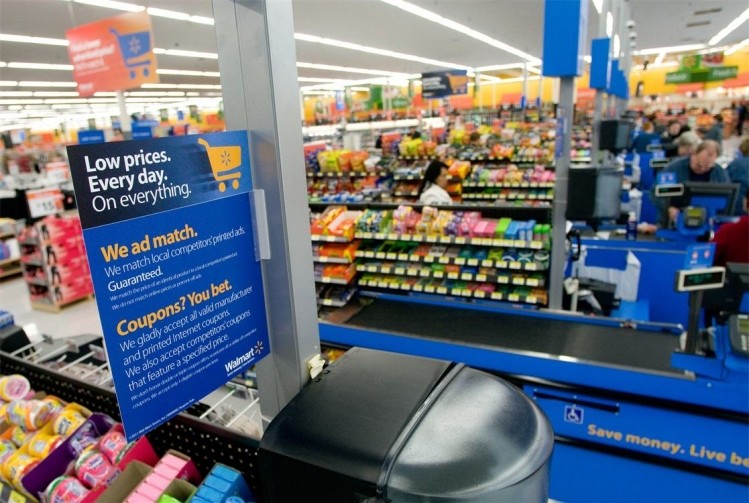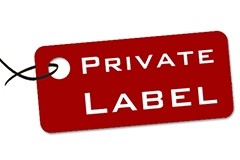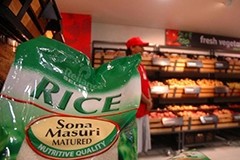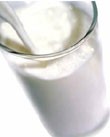Private labels to account for 30% of all supermarket sales by 2018: Report

According to the report “Supermarkets and Other Grocery Stores” from research firm IBISWorld, the share of private label products will account for over 30% of supermarket sales by 2017-18.
Karen Dobie, general manager (Australia) at IBISWorld, said private label products have been one of the supermarket industry’s fastest growing segments over the past decade and this is likely to continue.
Economic climate conducive to private label growth
In light of mounting concerns over the cost of living, further exacerbated by the introduction of the carbon tax, more Australians are expected to home in on private labels to make their dollars go further, the report said.
“In 2007-08, private labels accounted for just 13.5% of total supermarket sales, meaning that this segment has grown by more than 85% over the past five years,” Dobie remarked.
In dollar terms, Australians are expected to spend AU$85.9bn on groceries in 2012-13, with IBISWorld tipping that AU$21.6bn of this will be spent on private label products, up from AU$19.7bn in 2011-12 and AU$9.96bn five years ago.
Looking forward, Dobie said this figure is expected hit AU$31.8bn by 2017-18, representing growth of nearly 50% when compared to five years ago.
“The recessive economic climate has been a strong driver of private label growth. Households have been reining in spending, paying off debt and increasing savings,” she said.
“This, coupled with an increase in the range of private label products available, has led many consumers to make the shift to home brands,” she added.
Branded food producers will feel the strain
An IBISWorld researcher said that in the long term, the increasing share of private labels would mean more competition, as they are faced with a growing variety of private label products looking to directly compete with them.
“However, this will be true only for some product segments, particularly those with a high degree of homogeneity [sugar, bread, milk, butter etc] and where brand loyalty is at a minimum or non-existent,” he said.
Stating that dry groceries will continue to be the standout performer for private labels, the researcher said that there would be a trend towards greater premiumisation over the next five years.
He predicts that branded suppliers will continue to position themselves as being superior to private labels, although smaller producers may struggle to compete in some areas.
“The clout of the two major supermarkets means that they are able to dictate margins and bypass wholesalers, thus muscling out those manufacturers that do not have the critical mass and economies of scale,” he warned.
“Suppliers will therefore have to decide whether to concentrate on smaller, niche markets or continue stocking their products on supermarket shelves and accept smaller margins,” he said.
Islands of opportunities
“It is still important to remember that private labels are by no means dominant, as branded products still account for 75% of all supermarket sales,” the researcher remarked.
According to Dobie, there are still islands of opportunities for branded food producers in this period of private label growth.
“A particularly interesting product category is eggs. While private label egg sales still account for over 50% of market share, this has fallen from 61% over the past ten years. The decline is mainly due to a switch towards free-range, a segment not adequately represented by private label players,” said Dobie.
According to the report, chocolate, confectionery, and soft drinks are poor performing private label food segments thanks to consumers’ ongoing preference for a trusted, quality brand when purchasing these products.



















